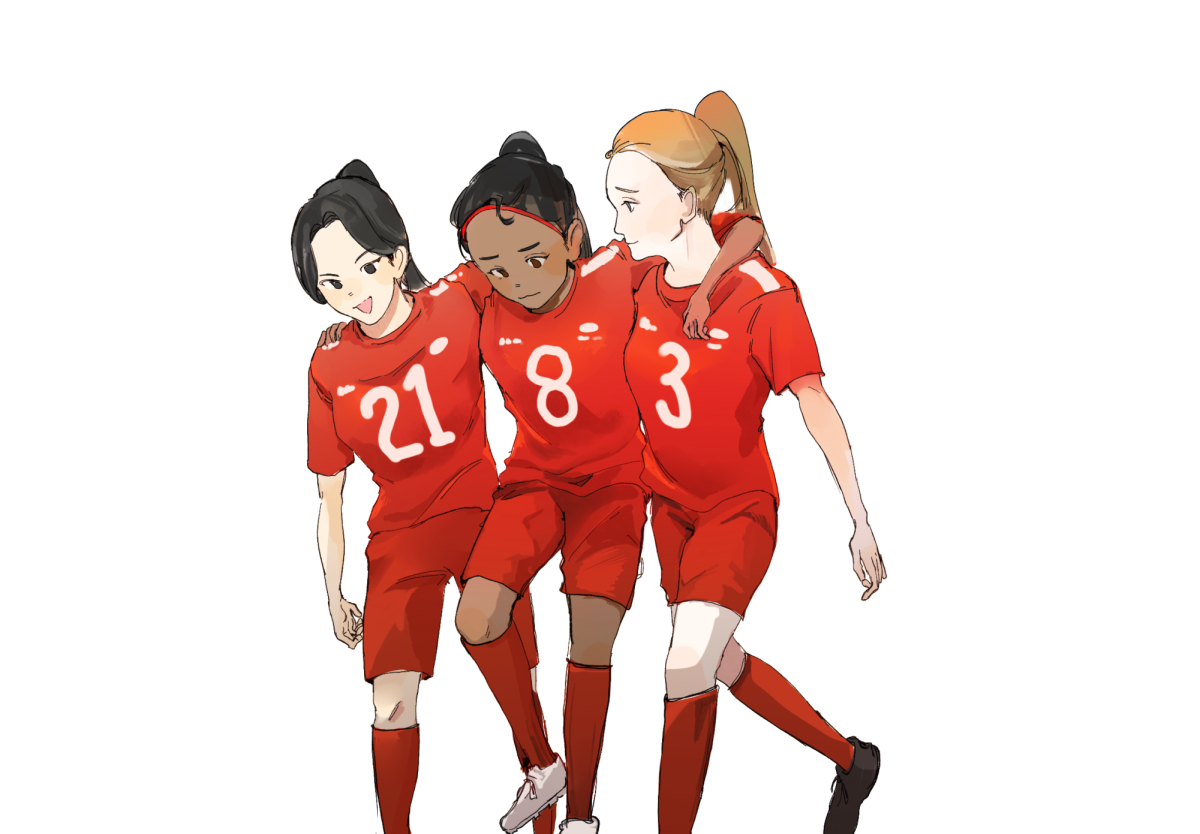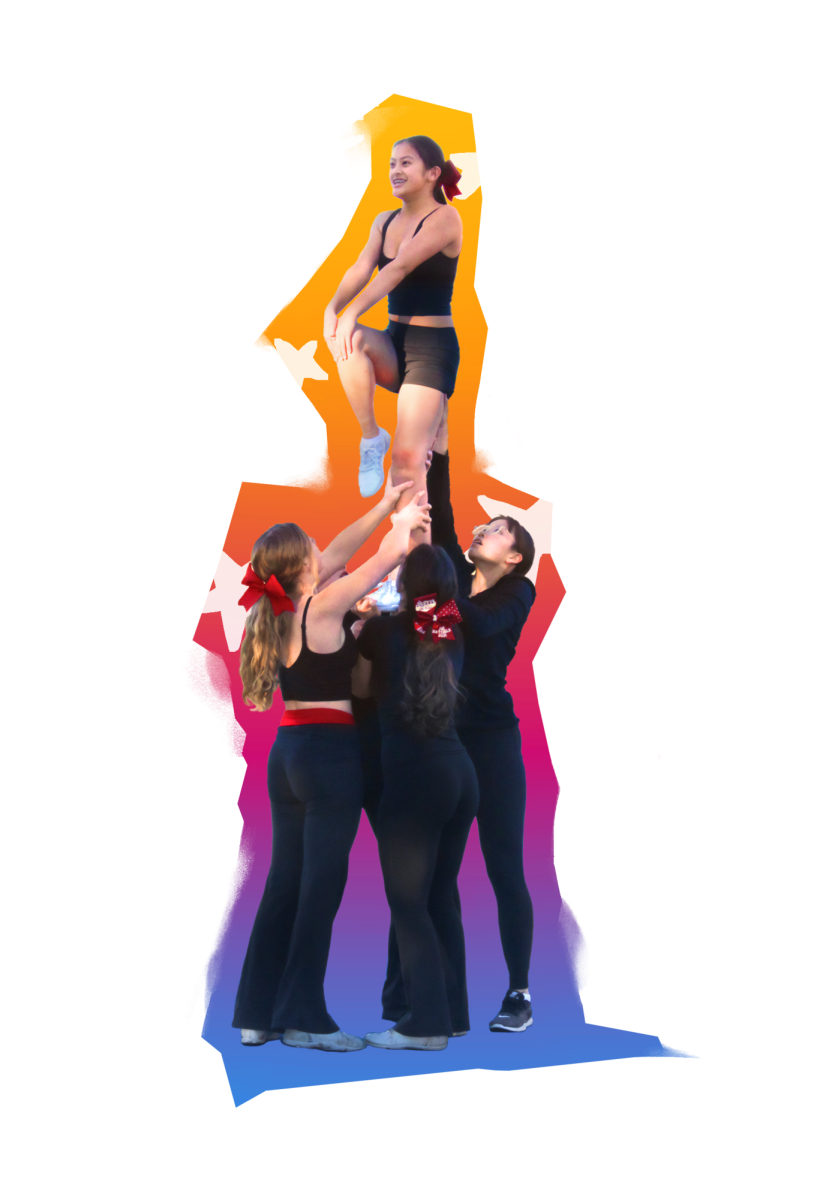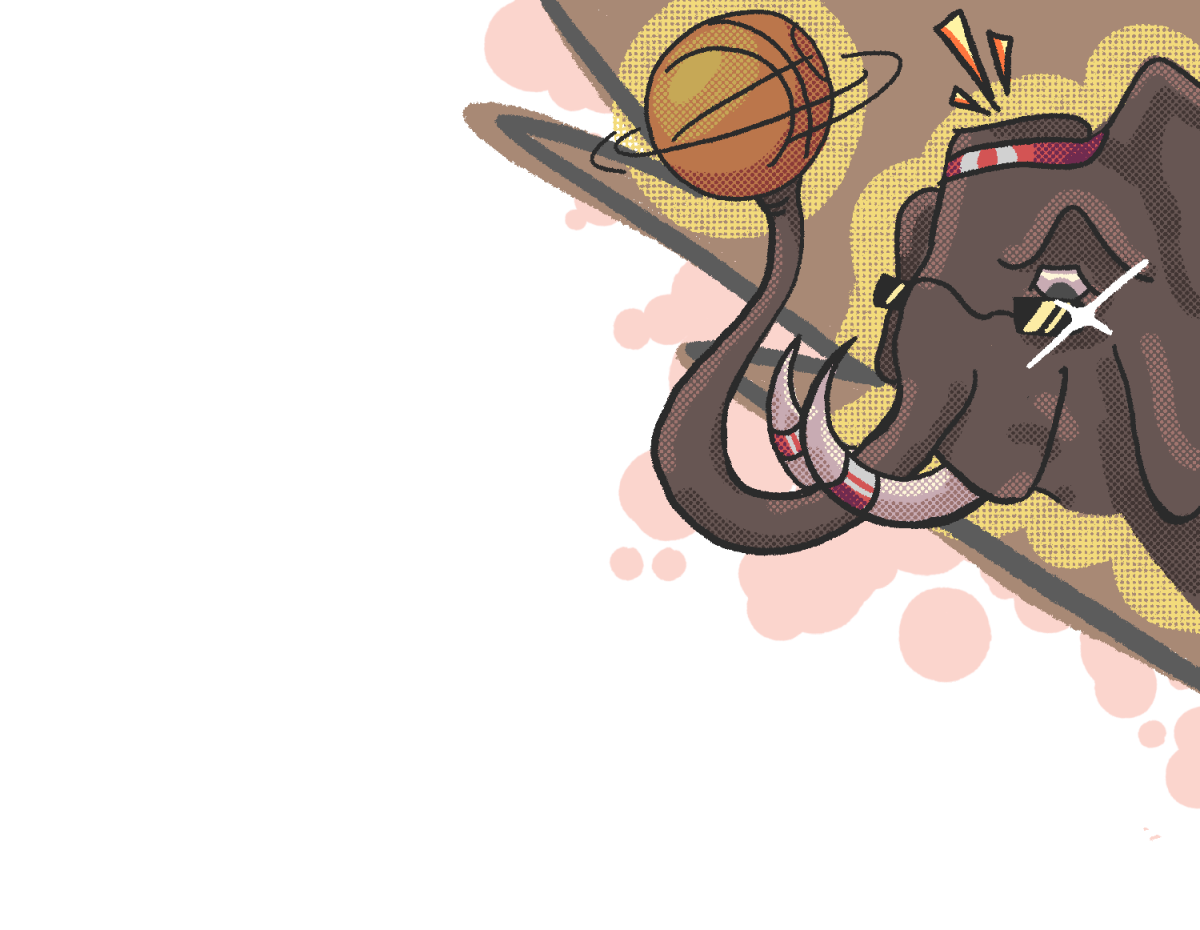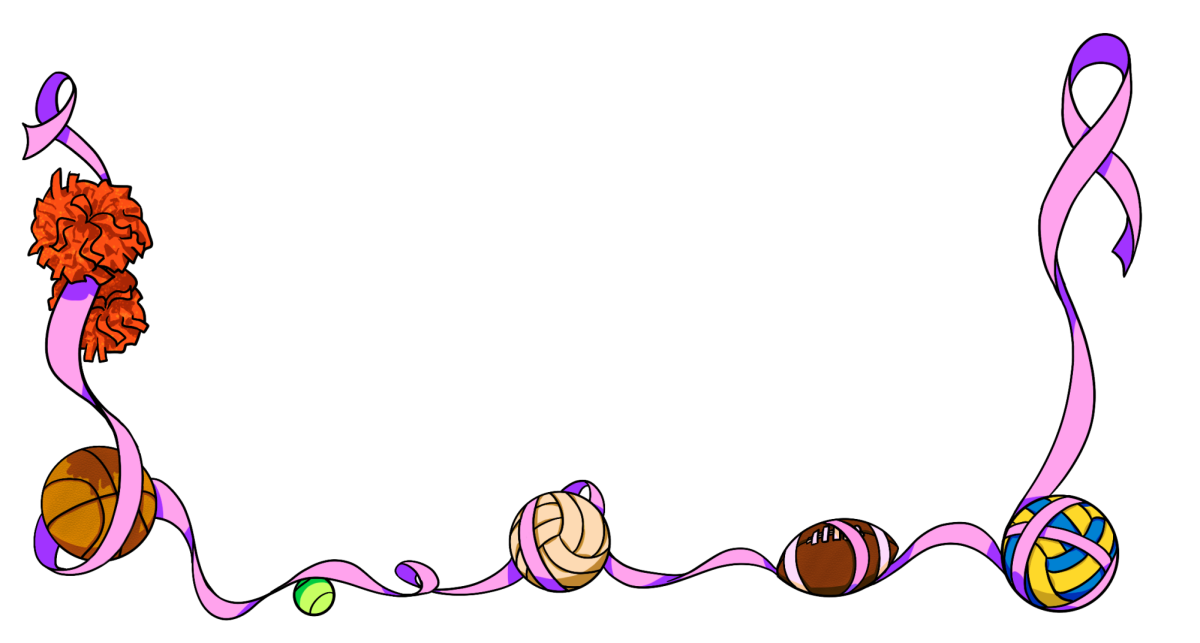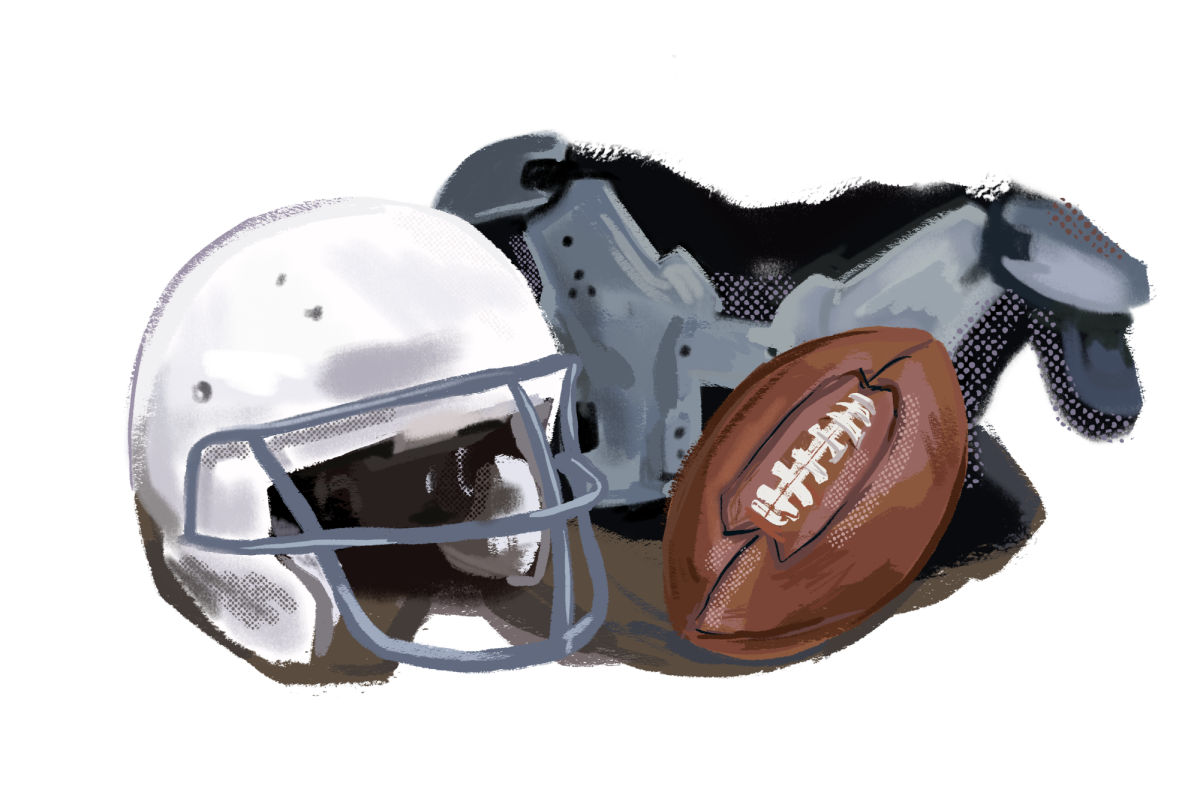Written by Emma Chiao and Michael Chen
Published in the November 6, 2015 issue
Recovery
Varsity runner junior Claire Hu was injured her freshmen year during the cross country season. She had been running since sixth grade after her parents encouraged her to try something new. Despite the setback of the injury, Hu didn’t let it stop her. Instead, she learned from her injury and used it as motivation to do better.
During her recovery process, Hu changed to a vegan life- style, listened to her body more when training and learned that even a small improvement was important. “I motivated myself by remembering the ‘right’ feeling of running and learning about healthier ways to eat and train as I recovered,” she said.
Hu noted that after her injury, she began to really focus on what she could do. “I think it was the fear of losing my identity that kept me going, because I centered a lot of my self-worth on how well I performed in running,” she said. From her injury, Hu discovered the importance of respecting her body in addition to her psychological recovery.
Currently, Hu is back on track and reaching harder for achievements. “Now, however, it’s more the act of running than what running can bring me that motivates me,” Hu said. “I imagine the exhilarating sensation of flying across the road and it reminds me to keep striving toward my goals. A good run now isn’t necessarily a fast one; it’s one where I feel like I’m floating with every step.”
Hu has some advice for any athletes recovering from injuries: “Be patient, and, most importantly, [remember that] you are more than your sport,” she said.
Self-Improvement
Freshman Patrick Gersh has been skiing since he was six. His parents first introduced him to skiing when they took a family vacation to Kirkwood Ski Resort. What started as a hobby ended up becoming much more. He joined the ski team at Squaw Valley one year later and started going up to Tahoe every weekend to ski.
For Gersh, skiing is more about having fun than about winnning every competition. “I really like this sport because it’s very fun and I have lots of friends on the team,” Gersh said. “It’s nice being able to go out there to see my friends and ski with them.”
Despite not always doing his best or achieving his technical goals, Gersh looks forward to future trials. “Each time I practice, I try to focus on drills so I can improve,” he said.
Over the past years, Gersh has drawn motivation from himself to keep skiing mainly to challenge himself, to try new things and to see improvement. “It’s really just self-motivation, telling myself to push myself,” he said. “If something looks difficult, like a jump, I question myself. But I always end up doing it.”
Competition and Failure
For elite tennis player junior Conrad Russell, motivation comes from a blend of the desire to succeed, competitive spirit and failure.
“I am a very competitive person, so seeing other people succeed constantly drives me to work harder,” Russell said. “When other players achieve big results, I’m proud of them, but I know that I could be the one to win the tournament. So I put in the extra effort, so next time I can be the one at the top of the pedestal.”
Despite its negative connotation, failure is also a driving source of motivation for Russell. “I use failure as fuel to come back stronger,” Russell said. “After a defeat, I can’t push it away and go on with my life regularly—I have to redeem myself through success, so I put in the extra work to ensure I won’t have to deal with failure.”
Even successful athletes like Russell often deal with stumbling blocks. Russel says that this past summer, he did not perform as well as he wanted to in certain tournaments. “It was tough for me to sleep because I was constantly thinking about the losses,” Russell said. However, Russell got back on his feet and set out to work harder and focus with a greater intensity so that he could return to his winning ways. “After two months of hard work, I won nine matches in a row and the streak is still alive today,” Russell said. “I’m very proud that I was able to bounce back from my failures.”
Personal Support
In every sport, motivation is a critical part of an athlete’s success. For varsity cross country and track and field athlete junior Jonas Enders, a significant source of motivation is his teammates. “We push each other and help each other forward,” Enders said. “I think that’s what makes our team so great. We all motivate each other and we’re there for each other for the races.”
According to Enders, a teammate’s support is powerful because it is personal. “My parents have been pushing me to do well, but I don’t feel it as personally because they’re forcing it on me,” Enders said. “With my teammates it’s more of a give-and-take.”
In addition, motivation from teammates is more readily present than other external pressures. Enders refers to numerous examples of when teammates encouraged him during races. In a recent race at Baylands, Enders found that receiving support from friends made a big difference in his performance. “We were talking and giving each other tips, like how to get around that person, maybe push it a bit, drop back a bit [and] just to run the race intelligently,” Enders said. “That really helped me do well especially since it was my first successful race since my foot injury, so it was really nice to have someone in the race encouraging me.”




